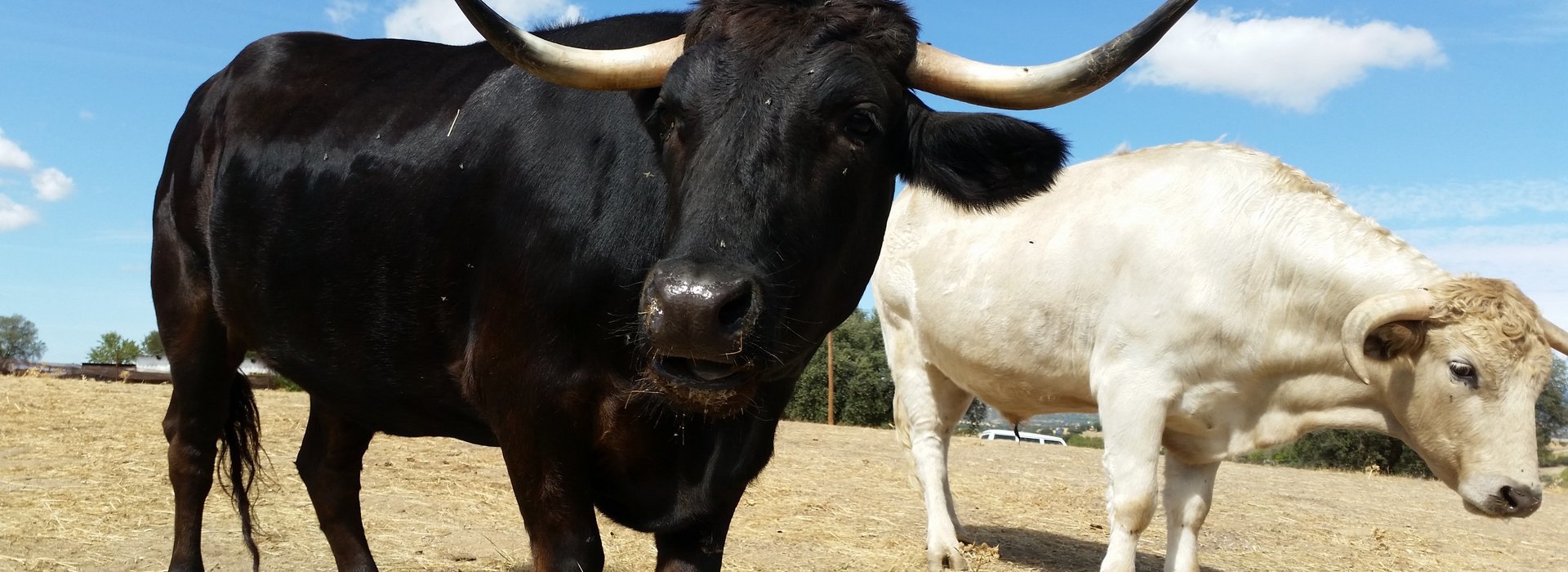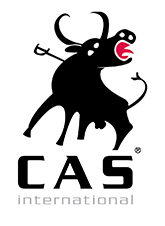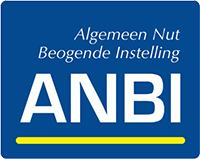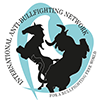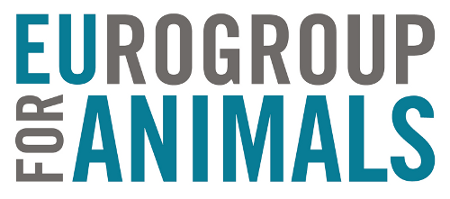Spanish animal welfare law enters into force
29-09-2023On Friday 29 September, Spain’s first national animal protection law will enter into force. On 16 March last, the law was passed by the Spanish Congress. The law is an important step for Spain. Many animals will benefit from the law, but bulls from bullfighting and hunting dogs are exempt from protection under the law.

Spanish animal welfare law enters into force © CAS International/AnimaNaturalis
When initial negotiations for the new animal protection law started, it was already known that bulls would not be included in it. Unfortunately, this is a sensitive issue in Spain, and the law would have been voted down immediately if bulls were included. Hunting dogs were included at the beginning, but under pressure from the hunting lobby, the socialist ruling party PSOE decided to remove them from the law.
Positive development
Despite the fact that the law does not go far enough in protecting animals in Spain, we think this law does represent a positive development. With each new government, politicians and animal welfare organizations can work together to adjust and improve the law. In addition, the law does protect many animals. What is also positive is that autonomous regions have their own animal welfare laws. Moreover, the national law serves as the basis for the laws in the autonomous regions. The regional laws will complement the national law. For example, it was recently decided in the Valencia region that hunting dogs there do fall under the protection of the animal welfare law.
Key points
Criminal law (Código Penal) has also been amended on a number of points related to crimes against animals. The main points to the new animal welfare law and criminal law are as follows:
- No kill policy for dogs and cats. The killing stations in Spain will disappear
- Ban on circuses with wild animals
- Ban on cockfighting
- Prohibition of use of animals for merry-go-rounds
- Prohibition of using animals in festivals (romerías, eventos feriados) during high temperatures and/or setting off fireworks. In addition, animals must have access to water and food
- Ethical population management of colonies of stray cats. This involves spaying and neutering cats and returning them to their habitat. In addition, all cats are microchipped. Municipalities are responsible for sterilization. The authorities will take care of the costs
- There will be a restriction on pet breeding by private individuals. Breeding can only be carried out by people registered as breeders
- All cats older than six months must be spayed and microchipped. Those who do not want to have their cats sterilized are required to register as breeders
- Dog owners must take a course on responsible dog keeping. In addition, they must purchase liability insurance for damages to third parties
- Selling pets in shops and displaying them for commercial purposes is prohibited
- Pets living in open spaces must have access to clean water and food
- Dogs and cats can no longer be kept in terraces, balconies, patios, cars, etc.
- Prohibition of utensils that restrict or prevent an animal’s freedom of movement (except for veterinary treatments)
- Animals should not be left alone without supervision for more than three days. For dogs, this is a maximum of 24 hours
- There will be a positive list for pets. Primates, endangered species or poisonous animals are excluded
- A primate law is being drafted
- There will be state registers for the identification of pets, breeders and people banned from keeping them
- Institutions to combat animal cruelty and abandonment will be created
- There will be protocols for evacuating animals in disasters such as forest fires, volcanic eruptions and similar natural phenomena

Podenco | © CAS International/AnimaNaturalis
Fight for hunting dogs
From CAS, we will of course continue our fight for hunting dogs and bulls from the bullfighting sector. Thanks to the new law, there has been a public debate about the welfare of hunting dogs. Before this, many Spaniards knew nothing about the 50,000 discarded hunting dogs every year. And we now know that 80% of the Spanish population is against hunting.
Over the past two years, CAS has worked intensively with the Spanish organization AnimaNaturalis to improve the welfare of these dogs. For example, we conduct research and lobby the government for the protection of hunting dogs by law. In 2022, we conducted research on kennels at hunters in 29 different locations. We found hunting dogs sitting in their own faeces and depending on contaminated water in their drinking troughs. According to the vets who participated in our study, the dogs exhibited behavior resulting from prolonged captivity. Chains also restricted animals’ movement and showed signs of poor health such as lameness. Watch footage of the investigation into the kennels below. Sign our petition to end the suffering of hunting dogs!
🇪🇸🐕🎥 NUEVO VÍDEO | ASÍ VIVEN LOS PERROS DE CAZA EN ESPAÑA
Durante 2021-2022, @AnimaNaturalis y @CAS_Int documentamos 29 cheniles de perros utilizados para la caza, viviendo entre sus propios excrementos, con el agua sucia o congelada, expuestos a las inclemencias del clima… pic.twitter.com/cF3q3VG4bn
— AnimaNaturalis (@AnimaNaturalis) September 29, 2022
Bullfighting campaign
Bulls and cows from the bullfighting industry are also not under the protection of the law. We continue to fight for an end to bullfighting and cruel popular festivals with bulls and cows. From CAS and AnimaNaturalis, we conducted an in-depth study of these 18,000 bull festivals in Spain. Among other things, we investigated the level of subsidies spent by local and regional authorities on these cruel fiestas. Recently, we published our research findings. The main conclusion is that 22% of Spanish municipalities put 42 million euros into bull festivals. But we discovered more, for example about the intense suffering of the deployed bulls, cows and calves. See all the research resumes here. Following these results, we ask state authorities not to spend this money on bull festivals but on things that society needs. We also urge tourists not to participate in these bull festivals.
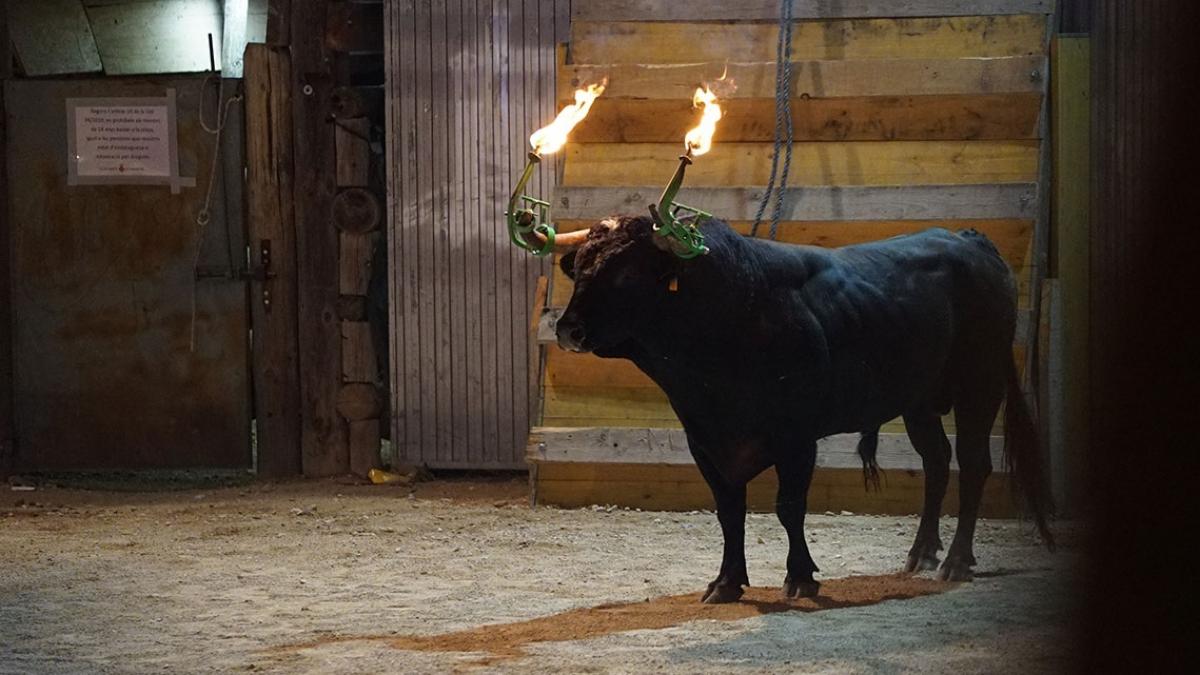
© CAS International / AnimaNaturalis
Help us so we can continue with our impactful campaigns! Become a sponsor or make a donation.




